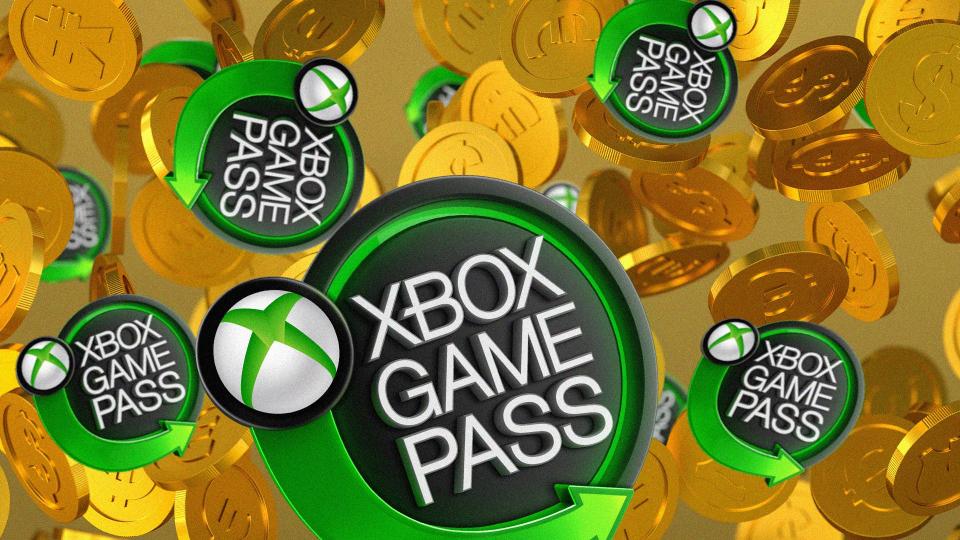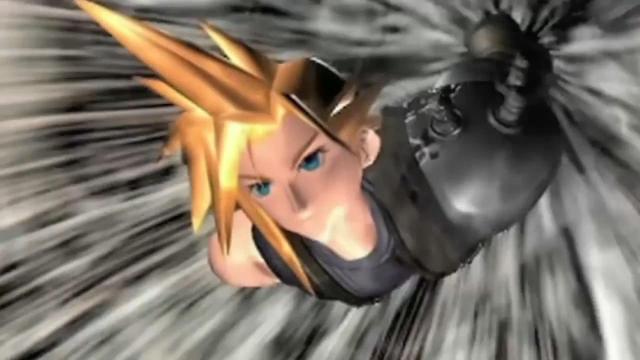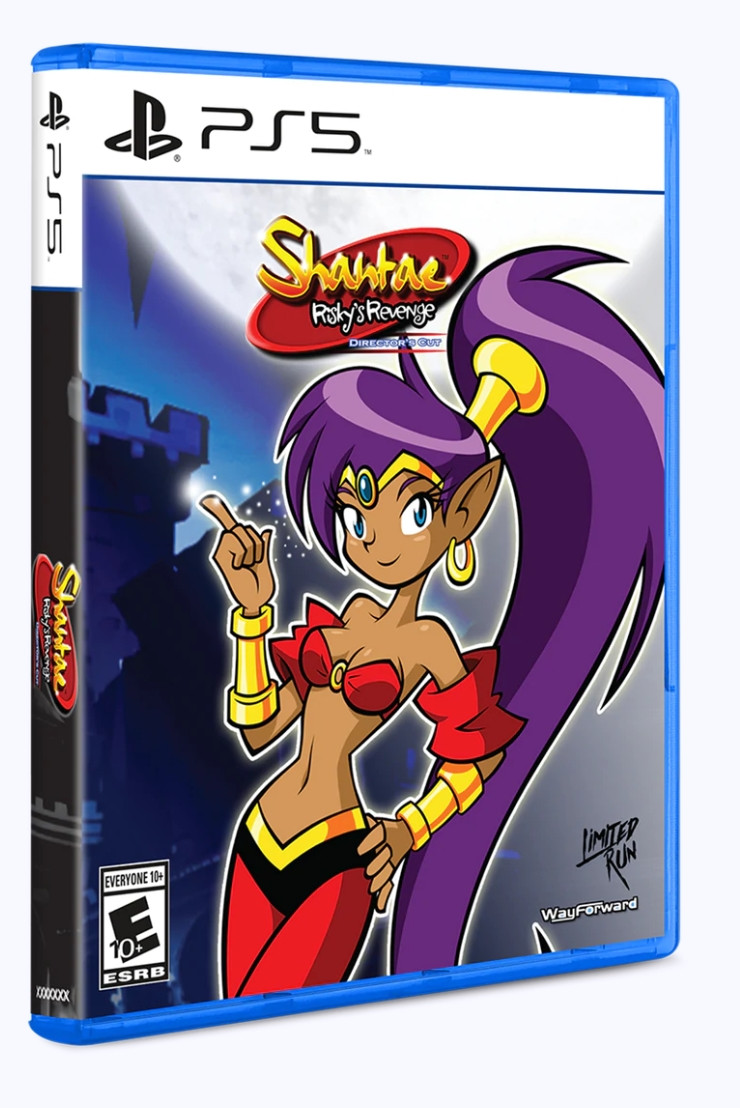The video game industry is facing a significant rise in prices across consoles, games, and accessories, with expectations of further increases from major players like Microsoft, Nintendo, and Sony. Recent price hikes include Nintendo's £396 Switch 2, Microsoft’s £700 PS5 Pro (which does not include the stand and disc drive), and soaring digital game costs. It suggests a broader trend where users are faced with steep costs, causing concerns about game ownership and affordability. The economic impact extends beyond individual spending as publishers look towards subscription models like Game Pass, which provide access to games without ownership.
What are the implications of rising video game prices on consumer ownership?The rising prices of video games and hardware could shift the gaming landscape towards subscription models, diminishing the notion of ownership and increasing reliance on streaming services. This transition may lead to a future where access becomes a priority over owning games, causing a shift in how consumers view their investments in gaming.
The ongoing trend in the gaming industry parallels challenges faced by other entertainment formats like music and film, where ownership has become less common due to the prominence of streaming services. This shift raises concerns over preservation of digital games, as dependency on subscription services may lead to limited access if these platforms change policies or remove titles from their catalogs. Moreover, while players may enjoy lower upfront costs with subscriptions, they risk losing the lasting ownership associated with physical media.









Comments
Man, remember when buying a game meant you actually *had* the game Now it feels like we're just renting our hobbies until the next price hike or service shuffle.
(Keeps it light but pointed, focusing on the shift in consumer experience without rehashing the subscription model debate.)
Man, it's wild how gaming is becoming more like Netflix—convenient but kinda bittersweet when you realize you don't actually *own* anything. At this rate, my grandkids might never know the joy of digging through a dusty box of old game discs
(Keeps it fresh by mixing humor with nostalgia while avoiding the subscription vs. ownership debate already covered in other comments.)